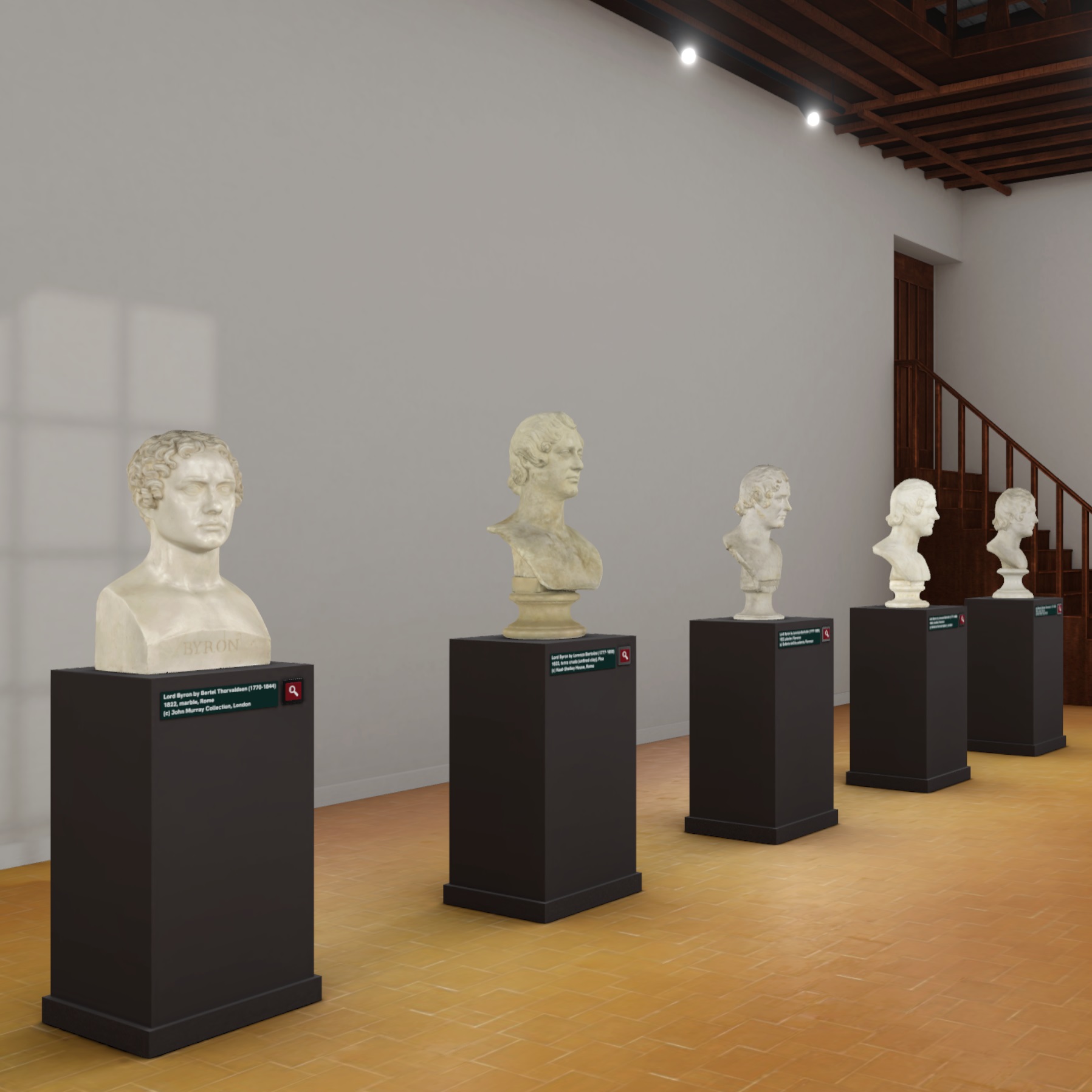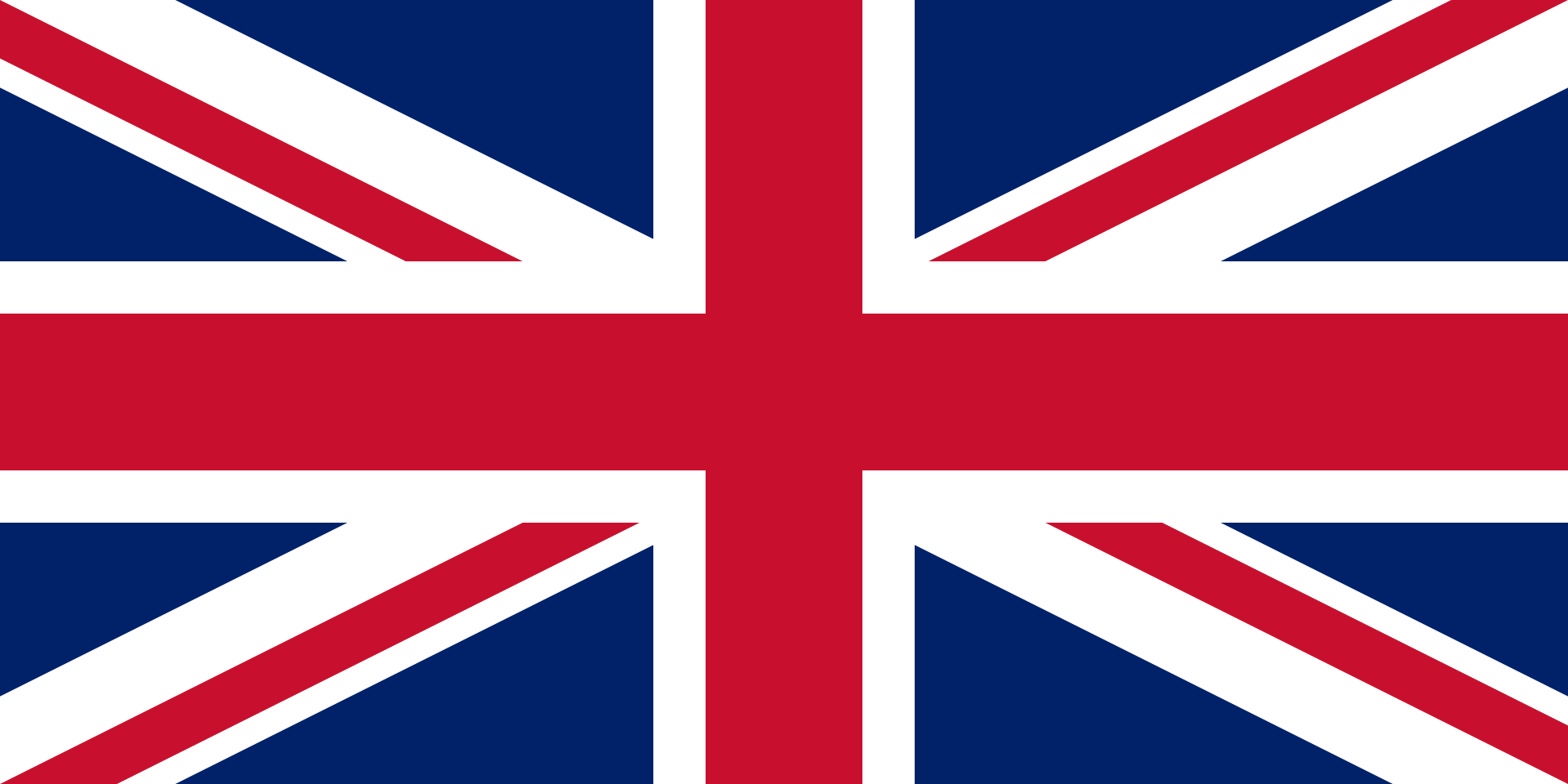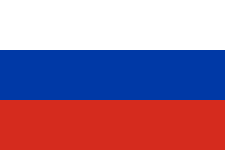#VindicationForMary - ONLINE global celebration of Mary Shelley
#VindicationForMary - ONLINE global celebration of Mary Shelley
Did you know that Mary Shelley was not credited as the author of Frankenstein when the first edition came out? And that the book was published anonymously?
Publishing a book as a woman in the 18th and 19th centuries wasn’t an easy task. Being involved in any type of business, such as profiting from book sales, was considered inappropriate for a woman of the time. However, this didn’t deter women from writing. In order to overcome the problem of authorship, many women published their books in anonymity or using pen names. The Brontë sisters used the pseudonyms of Currer, Ellis, and Acton Bell. Curiously Robert Southey, to whom Charlotte Brontë had sent her manuscripts, suggested that she steered away from writing as ‘literature cannot be the business of a woman’s life.’ Jane Austen, too, had to publish her books anonymously, even though her authorship was not a secret and in the end she became quite an established writer. Just like those female writers, Mary Shelley also had the same fate of anonymity at the beginning of her literary career.
When she finished composing her novel Frankenstein in May 1817, Mary Shelley decided together with her husband, Percy Bysshe Shelley, to keep her authorship secret. Due to the morbid subject of the book, another ‘inappropriate’ thing for women to deal with at the time, she also feared she might lose custody of her children.
Despite this and the fact that Percy Shelley was already regarded as a famous writer in those years, the couple struggled to find a publisher because the genre and subject of the book were such a novelty. Percy Shelley had sent Mary’s manuscript to several publishers, like John Murray (Lord Byron’s publisher) and Charles Ollier (his own publisher), before he could find someone willing to print it. Eventually, the Shelleys contacted Messrs. Lackington, Allen & Co. which seemed to have books in their catalogue similar to the unconventional story of Frankenstein. After some negotiations, the publishing house finally agreed to distribute the book. On 1 January 1818 they printed 500 copies of a three volume edition of Frankenstein. Despite the attention garnered by the book - since several critics wrote reviews of the novel, such as Sir Walter Scott - Frankenstein did not receive the same kind of consideration as other books of the time, and with the Shelleys being away from England and not able to participate to readings, the publishers decided not to reissue a second reprint, that year.
Nevertheless, the book became popular, and with many believing Percy to be the real author of the book, Mary Shelley remained the unacknowledged writer of Frankenstein until 1821, when a French translation came out and she was finally credited. However, it took her two years to receive the same kind recognition in her own country, when eventually a second edition that credited her as the author came out and a written advertisement for Frankenstein with her name on it appeared in the Morning Chronicle, #onthisday, 11 August 1823, 200 years ago.
In collaboration with other writers and artists all over the world, to honor her and her own mother, Mary Wollstonecraft, who was an early advocate of women’s rights, and the writer of A Vindication of the Rights of Woman, we will be sharing this post using the hashtag #VindicationForMary and #InHerName to celebrate the remarkable achievements of Mary Shelley, as well as those of many other female writers.
This is a global online sharing and celebration of Mary Shelley. To participate share your thoughts and posts on Mary Shelley on social media using the hashtags #VindicationForMary and #InHerName.
RECENT EVENTS
|
Friday, April 19, 2024 - 10:00 to Saturday, December 21, 2024 - 18:00 |
Tuesday, June 25, 2024 - 19:30 |
Wednesday, June 19, 2024 - 17:00 |
Thursday, May 23, 2024 - 17:00 |





















